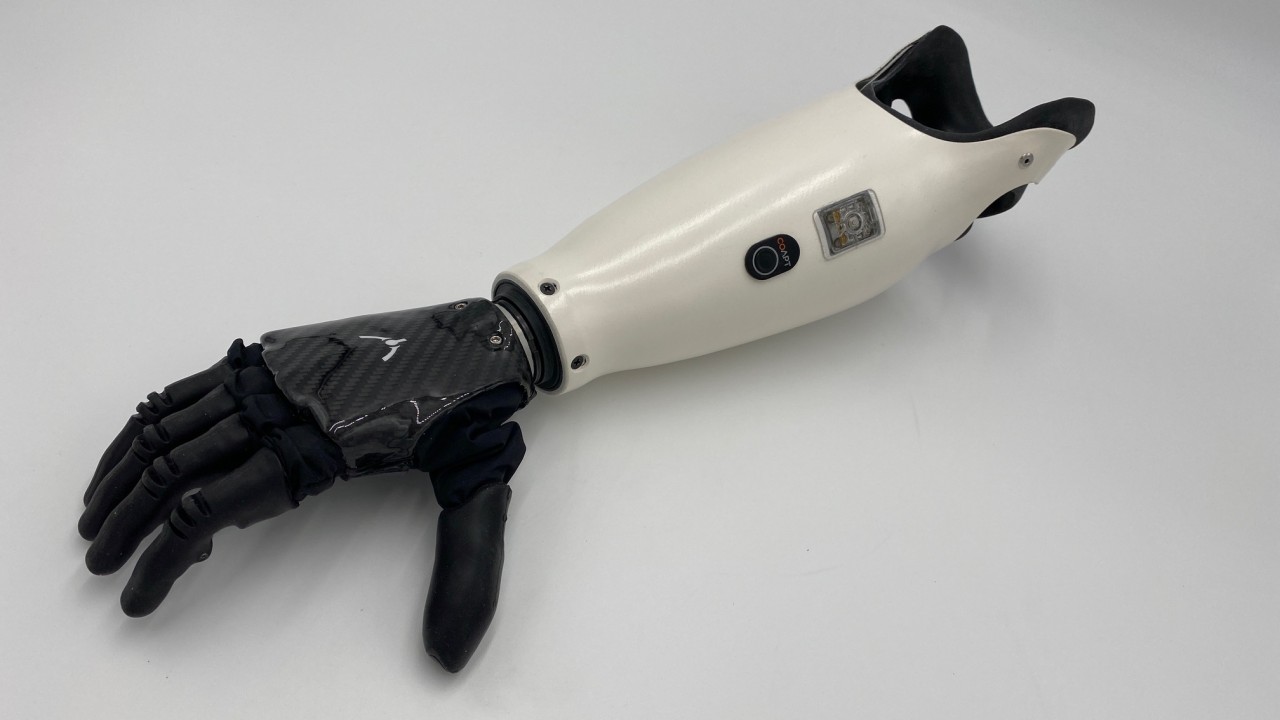Originating from Ancient Near East, prostheses have become an inevitable part of humans’ life. Aiming to restore the normal functions of body, they replace missing limbs which can be lost through physical trauma, congenital disorder or disease. Prostheses also have side effects such as hyperhidrosis ( extreme / excessive sweating), endocarditis ( a fatal heart infection), thrombosis ( blood clot inside a blood vessel), pannus formation ( growth of host tissue on the prosthesis) and severe pain on the intact limb. So do prostheses help us in our daily life or are they just a 3D-printed limb like device that cause nothing but physical pain?
Prostheses create an independent mindset. We can eventually observe the results of this act. It will connect them to social circumstances and the activity of life. Not being ostracised from the society will increase their dopamine, oxytocin, endorphin and serotonin levels (also known as happy hormones). Completing tasks on their own will boost patient’s self-esteem.
Beside replacing limbs, prostheses can also modulate parts of nervous system. This field is actually called neuroprosthesis. Neuroprotheses have evolved over the past 60 years in the application of high cognitive function (working memory, willed action and mental imagenary). A recent study has shown that series of electrical neuromodulation techniques can even treat dementia.
There can be some complications during the surgery that might not end well. In one case a female subject with a severe intrapelvic prosthetic migration (a serious complication that occurs when prosthetic acetabular cup migrates or drifts apart) was left with a Girdlestone arthrodesis ( state of an infection that does not respond to antibiotics). It was later then reported that there were two more female subjects that came to the clinic with the same condition. After a succesful eradication of infection the two patients had a functioning implant.
In conclusion, prostheses can benefit and cause harm at the same time. The situation of the patient after a prosthesis surgery is determined by the surgeons steady hands and the persons’ medical history. It isn’t possible to qualify prostheses as an instrument with negative sides nor a life changing invention. As we humans don’t possess that knowledge to classify such thing.

